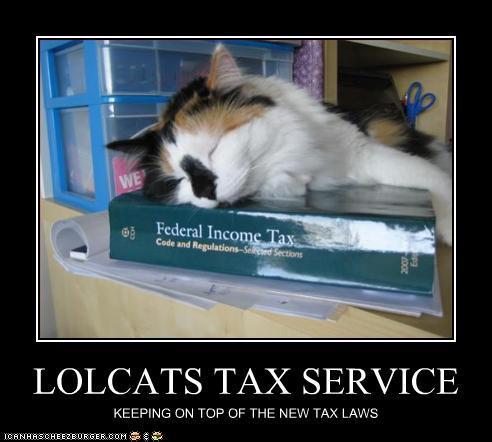In this world nothing can be said to be certain…

… except death and taxes. – Ben Franklin, 1789
I've always believed it's best to know and accept your limitations. Personally speaking, there's a reason I'm a writer and not an accountant. That sort of stuff doesn't sit well in my head; my brain prefers to focus on murder and mayhem. Ever since my job title changed from 9-5 office worker to full-time author, I've seen a steady increase in sales. And while I will admit I'm exceptionally pleased as my royalty earnings continue to rise, I realize this income brings with it a certain inescapable complication I must now acknowledge: income taxes. I don't even pretend to understand tax laws and forms, which is why annually I leave my taxes in the hands of more knowledgeable professionals. But at the same time I do understand that I've reached a point (likely I passed it a while back) where I must start tracking not only my income, but any and all potentially tax deductible expenses in a manner an accountant and the IRS will be able to decipher.
The task of keeping these records isn't what concerns me. Years ago I discovered the versatility of Excel, and believe me when I tell you, it's not just for CPAs. Excel can crunch just about any sort of data imaginable: I have spreadsheets for most everything I need to organize, and that includes my writing. Each book starts as an outline in an Excel spreadsheet. Key story events are tabbed into worksheets, and within those sheets, notes, word counts and hyperlinks to each chapter and research documents. I've tried various other systems but always wind up back at Excel. So it seems logical that I'll set up a ledger with a tab for each month, and use that to track my expenses and income. I've decided to set up a separate bank account with a dedicated credit card for expenses, and the monthly statements will help organize my records. I'll keep monthly file of receipts, as well as notes. That's the easy part: it's beyond there where the uncertainty starts.
As a self-employed writer, do I need to pay taxes quarterly, like a business, or do I classify my income the way I would any other job, and settle up next April? I'm working for myself, but am I supposed to do it as a sole proprietorship, a corporation or something else entirely. I know Amazon provides year-end tax information. But what about any royalties I earn for sales outside this country? And what about deductions? The costs of writing, from pencils to research and printer cartridges come straight from my pocket. While I know I won't recover 100% of what I spend, claiming these expenses against my earnings to whatever degree the IRS will allow saves me money and keep more of what I've worked to earn in my pocket in the end.
This brings me to my next question: What expenses can I claim, and how? Some expenses seem fairly straightforward and indisputable, such as is buying an ISBN, purchasing printed copies and shipping them to various reviewers for promotional purposes. If I purchase a new computer just for research and writing I know I can write that off, though as I understand it, that write-off must be 'depreciated' over the coming years I expect to use it. How does that work? And what about that GPS I bought specifically so I can travel for research and to visit bookstores in areas where I feel my book would sell well… is that deductible? How do I divide up my internet expenses, as my provider is bundled with my household TV and phone? What are the guidelines for using my home and car for business? I've done a fund-raiser for the New Jersey SPCA: I raised and donated $400. How do I handle that?
I hate when anything takes away from my writing time, and that includes distracting thoughts and research that doesn't involve how to blow things up. This whole tax thing has become one of those distractions, and ignoring it won't make it go away. I've looked online (not always the most reliable source of answers) only to find myself even more confused. Over the weekend I checked the library, figuring I might find some reference touching upon this topic. The books on accounting and small business finance offered more questions than answers. They dealt this incorporating, franchises and entrepreneurs, but nothing seemed to resemble my situation. I headed over to the books for writers, hoping I'd have better luck there. Shelves upon shelves of books promised to help me write a novel, build suspense, create a blockbuster plot or breakout best-seller, write the perfect query letter and even land that dream agent, but not one considered the possibility that I'd completed a book, it was actually selling quite nicely, and now I simply wanted to understand the best way to manage the resulting income.
So, my fellow writers, or anyone else out knowledgeable in matters of taxes, expenses, deductions and all other things IRS-related, what's your advice? Where do I start to figure this out so I can go back to thinking happier thoughts, like torturing and interrogation methods. Is there a 'Tax Guide For Idiots Who Quit Their Jobs To Move On Board A Boat And Write'?
Share on Facebook



